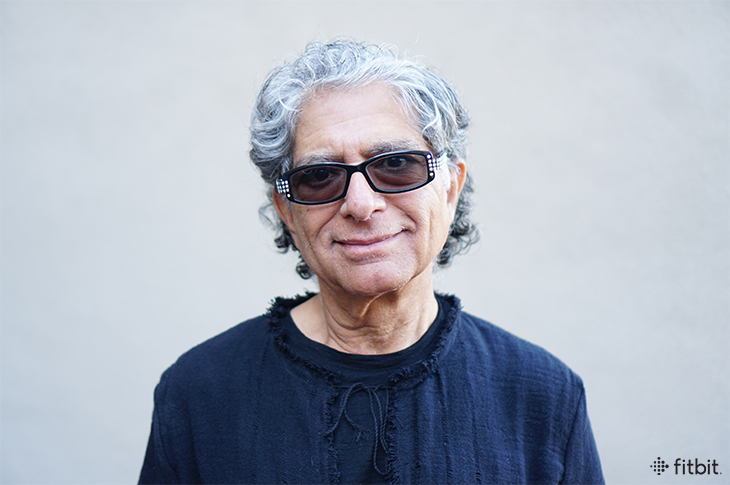
Everyone has heard that getting a good night’s sleep is important, but at the same time the pace of modern life shortchanges one’s chances of getting the recommended 8 to 9 hours of continuous sleep needed by the average adult. The simplest rules for getting the right amount of sleep include the following:
- Go to bed at the same time every night.
- Have your bedroom as quiet and dark as possible.
- Don’t engage in heavy mental activity before going to bed.
- Meditation produces a restful state that displays different brain-wave activity than sleep, but it can help you sleep better. There’s no consensus among researchers, but of course meditation has other benefits, so it is always worth trying.
There are many mysteries surrounding our need for sleep. Sleep isn’t the same as giving your brain a rest. The human brain is quite active during the night, only the activity isn’t the same as when you are awake.
More certain is the research on sleep deprivation, some of which includes:
If you cut sleep down to 6 hours, you will be mentally and physically normal (as if you had longer sleep) for the first 4 hours after you wake up. After that, signs of sleep deprivation like fatigue and lack of focus set in.
Your brain clears out toxins during the night, or so current research shows. If you cut your sleep short, your brain falls behind in this vital detoxification, although the exact limits are not known—it takes sleep deprivation longer than 24 hours for serious symptoms to develop.
Night workers develop unbalanced biorhythms even if they get 8 hours of sleep during the day. Evolution has designed the mind-body system to sleep at night.
There is no substitute for a good night’s sleep, and it now seems that the lifestyle disorders that plague modern society, such as type 2 diabetes, hypertension, and heart disease, are linked to low-grade inflammation going back many years before symptoms appear. The markers for inflammation increase in people who suffer from insomnia or who don’t get a full night’s sleep.
In short, the latest research underscores more and more that sleep is the mind-body’s primary biorhythm, regulating every other biorhythm. Therefore sleep matters more than ever.
There is some good news if you go through a period of shortened sleep. Dream or REM sleep can occur during a brief nap, where previously it was thought that REM sleep occurs only in nightly sleep. And even though you cannot fully compensate for lost sleep by sleeping in on the weekends, there is some benefit to catching up on your sleep.
Finally, here is a point most people do not know. Waking up with an alarm clock is detrimental.* The brain transitions from deep sleep in a series of waves, each one getting closer to being fully awake. You rise up to light sleep, then back down again, several times during this process, and as you do, your brain secrets a bit more of the chemicals needed to be awake. If you cut the process short, you may tell yourself that you are awake, but in fact you aren’t.
*Not quite able to wake up without an alarm clock yet? Try using Smart Wake on your smartwatch to avoid waking yourself up while in deep sleep.
Want more from Deepak? Check out Deepak Chopra’s Mindful Method for Fitbit, an exclusive new wellness collection featuring content across mindfulness, sleep, stress management, mental wellness, and the mind-body connection, available to Fitbit Premium members. Sign up for a 90-day free trial here. Not available in all markets where Premium is available; and available in English only.
This information is for educational purposes only and is not intended as a substitute for medical diagnosis or treatment. You should not use this information to diagnose or treat a health problem or condition. Always check with your doctor before changing your diet, altering your sleep habits, taking supplements, or starting a new fitness routine.

If you have questions about a Fitbit tracker, product availability, or the status of your order, contact our Support Team or search the Fitbit Community for answers.
Please note: Comments are moderated and may not appear immediately after submission.